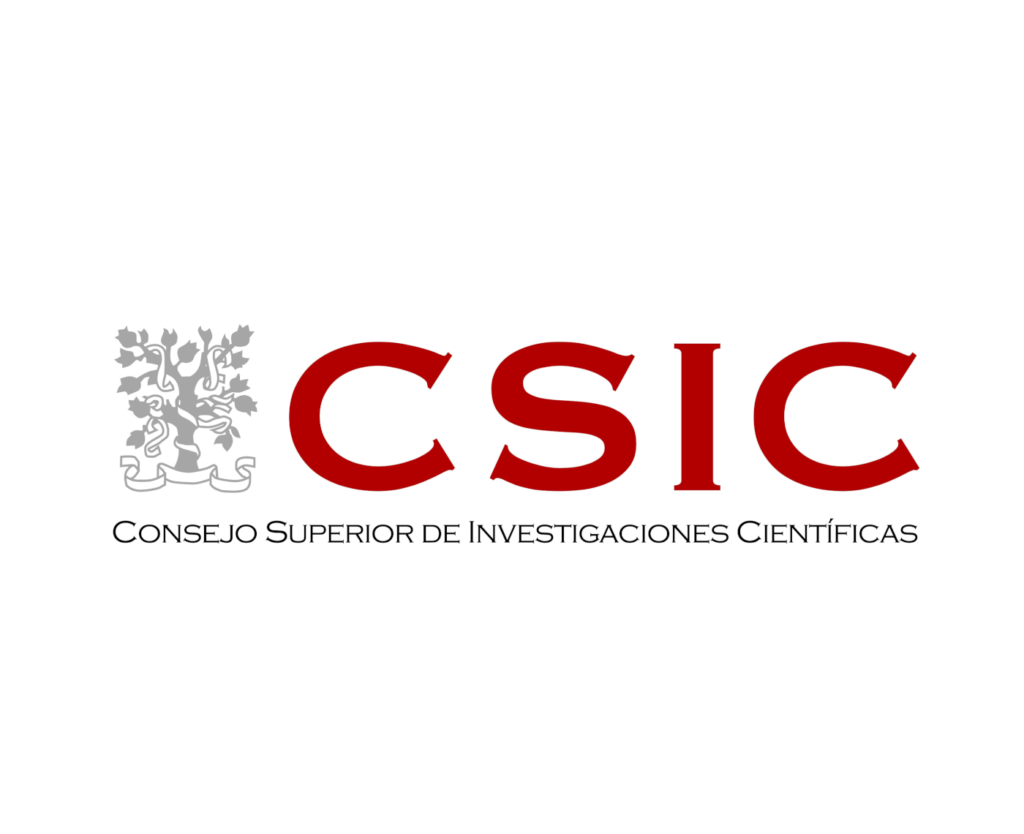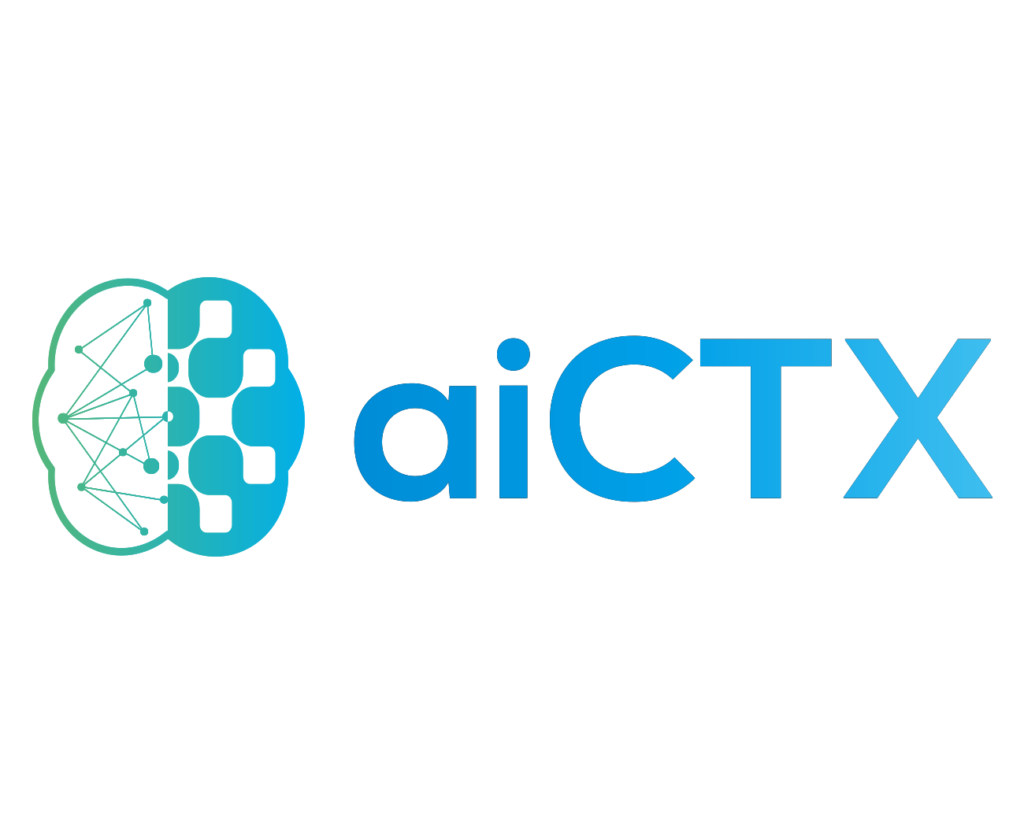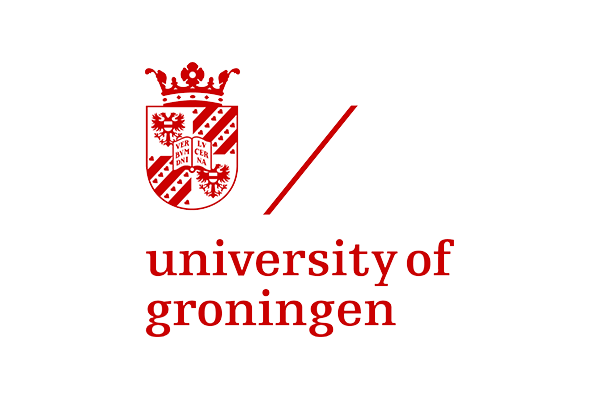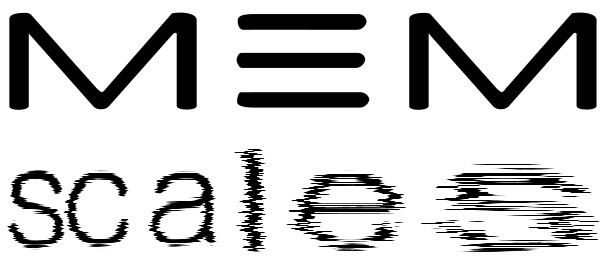Contact
Dr. Elisa Vianello: [name].[surname]@cea.fr
Consortium members
| CEA | Commissariat à l’energie atomique et aux énergies alternatives (coordinator) | France |
| IMEC | Interuniversitair Micro-Electronica Centrum | Belgium |
| IMEC-NL | Stichting IMEC Nederland | Netherlands |
| IBM | IBM Research Gmbh | Switzerland |
| UZH | University of Zurich | Switzerland |
| CSIS | Consejo superior de Investigaciones Científicas | Spain |
| CNR | Consiglio Nazionale delle Ricerche | Italy |
| aiCTX | aiCTX AG | Switzerland |
| UOG | Rijksuniversiteit Groningen | Netherlands |

- Dr. Elisa Vianello
- Dr. Carlo Reita
- Dr. Gabriel Molas
- Dr. Gabriele Navarro
CEA is a technological research organization funded by the French government. Drawing on its excellence in fundamental research, its activities cover three main areas: energy; information and health technologies; defense and security.
CEA will exploit the results of this project in the frame of its R&D partnership environment both industrial and academic. The technology developments carried out in MeM-Scales are already a complement to industrial programs at CEA-LETI on more conventional applications of PCM and RRAM technologies. At the moment CEA is running a bilateral project on PCM memory technology with ST microelectronic, which does not include neuromorphic applications among the targets; thus MeM-Scales will complement this bilateral project, providing outlooks on the exploitation beyond the simple memory application.

- Dr. Francky Catthoor
- Dr. Kris Myny
- Mauricio Velazquez Lopez
IMEC performs world-leading research in nano-electronics. It leverages its scientific knowledge with the innovative power of its global partnerships in ICT, healthcare, and energy. Its goal is to create innovative solutions that are relevant to the industry.
Imec will exploit the R&D results of the MeM-Scales project in the framework of its research program offering. Being a leading microelectronics research organization in Europe, IMEC aims to further strengthen the research and development activities in Europe by implementing the expertise gained in the MeM-Scales project in other European projects as well as research and development activities within IMEC.

- Dr. Federico Corradi
- Dr. Amirreza Yousefzadeh
IMEC-NL is an independent open-innovation R&D center that develops generic technologies for an Intuitive Internet of Things – a smart IoT that unobtrusively surrounds us and interacts with us as individuals. This development is based on IMEC-NL’s longstanding expertise and excellent track record in radio technology, wireless sensing, ultra-low-power electronics, body area networks, diagnostics, and flexible electronics.
The participation in this project is a very good opportunity to strengthen its portfolio of IoT devices based on novel technologies and innovative signal processing systems with online learning and adaptive abilities.

- Dr. Antonio La Porta
- Dr. Valeria Bragaglia
- Dr. Jean Fompeyrine
Established in 1956, the Zurich Research Laboratory of IBM represents the European branch of IBM Research. Here scientific and industrial research is conducted in five scientific and technical departments, in particular in the Science & Technology department.
The impact of MeM-Scales on IBM is extremely timely with respect to the strategy of the company, which has recently opened its AI Hardware Center.

- Prof. Giacomo Indiveri
- Dr. Melika Payvand
UZH is one of the leading research universities in Europe, devoted to both scientific research and teaching. The UZH team members belong to the Institute of Neuroinformatics (INI), a joint institute of UZH and ETH Zurich. Its goal is to carry out experimental, theoretical and applied research with the aim of discovering key principles by which the brain is built and works, and to use this knowledge in practical applications where possible.
INI has very strong support for exploitation of results. On one hand INI members have already a very well established relationship with Unitectra, the technology transfer organization of the Universities of Basel, Bern and Zurich; on the other hand, INI is the founder of iniLabs, a spin-off of the institute that directly supports and exploits its technology developments.

- Prof. Bernabé Linares-Barranco
- Dr. Teresa Serrano-Gotarredona
CSIC has been engaged during the past years in cognitive vision type applications exploiting spiking vision sensors and custom event-driven processor engines together with the usage of nanoscale emerging devices. CSIC maintains collaborations for exploiting these neuromorphic sensing and computing principles with European and US start-ups, as well as international highly established companies, such as Samsung (through joint patents). The team has co-founded Prohesee to develop neuromorphic dynamic vision sensors and applications, and GrAI Matter Labs to develop neuromorphic hardware for processing and learning.
The success of MeM-Scales will imply a strong boost in the possible range of commercial applications. The successful incorporation of MeM-Scales low-power compact and on-line learning technology will certainly provide an unprecedented boost at CSIC for cognitive vision exploitation in these domains.

- Dr. Sabina Spiga
- Dr. Stefano Brivio
- Dr. Alessio Lamperti
- Dr. Elena Cianci
CNR participates in the project with its unit of Agrate Brianza (MDM Laboratory) of the Institute for Microelectronics and Microsystems (IMM). MDM has a long-standing collaboration with advanced industries in the field of semiconductors, especially STMicroelectronics and Micron. This connection is further strengthened by the presence of the IMM laboratories within the STMicroelectronics manufacturing and R&D site of Agrate Brianza and by the continuous collaboration within joint research and technological projects.
This strong connection with industry can definitely favor the exploitation of results and of the knowledge developed within the MeM-Scales project. Moreover, as bridging academic research with industrial applications is part of the mission of the entire Institute, which is organized in seven units spread all over Italy, direct transfer of the relevant developed knowledge will take advantage of the strong connection with other units.

- Dr. Ning Qiao
- Dr. Tugba Dermirci
- Dr. Dylan Muir
- Dr. Qian Liu
aiCTX designs and builds ultra-low-power neuromorphic computation co-processors, to bring local computation close to sensors in IoT, mobile, and wearable devices. aiCTX technology currently relies on all-digital implementations for weight storage, and also for state storage in asynchronous digital designs. These components of their processors consume space and energy, as they are based on classical digital memory structures.
aiCTX aims to directly exploit the results of MeM-Scales in their processor designs, by adapting both volatile and non-volatile non-conventional memory structures for weight and state storage. In addition, aiCTX will ensure the impact of MeM-Scales by designing an explicit exploitation plan for the consortium.

- Dr. Lambert Schomaker
- Prof. Herbert Jaeger
- Dirk Doorakkers
UOG participates in the project with its Autonomous Perceptive Systems (APS) group. APS is a large group that applies state-of-the-art machine learning (ML) to a diversity of fields ranging from handwriting and image recognition, robotics, brain-computer interfacing to serviceability maintenance systems, all with frequent involvement of industrial and public partners.
Within their arsenal of machine learning methods, a certain emphasis is put on lifelong learning, reinforcement learning, deep learning, and concept learning. The APS group is strongly involved in the definition and operation of the Cognitive Systems and Materials Center (CogniGron). Results from MeM-Scales will therefore penetrate into numerous types of applications.
